On May 28, 2025, a date that marked both World Menstrual Hygiene Day and World Technology and Innovation Day. FAWE Sénégal crafted an experience that transcended celebration. It became a statement. A promise. A powerful reminder that the future of innovation is not just built in code, circuits, or data centers, it is shaped by girls who dare to dream.
Led by Mme Maïmouna Souaré, with the support of Abdou Latif Sagna from FAWE WASRO, the team welcomed 40 bright young girls from Lycée de Keur Massar and took them to the Institut Supérieur de l’Enseignement Professionnel (ISEP) de Diamniadio. The mission? To dismantle stereotypes and give these girls a seat at the table of science, tech, and progress.
In a world where AI, robotics, and automotive design often wear a masculine face, the message was crystal clear: “You too belong here.”
The girls were wide-eyed and curious as they explored one of Senegal’s most advanced Data Centers — a temple of digital possibility that many had only imagined. What once felt out of reach became real. Tangible. Possible. They weren’t just visitors, they were future leaders mapping out their place in a domain that had too long whispered, “not for you.”
The visit was more than a tour. It was the ceremonial launch of FAWE Sénégal’s Mastercard Foundation Phase II program — an initiative set to shift paradigms and open pathways for more girls in STEM and STEAM fields. Talks were held with the ISEP leadership about partnership protocols, scholarship opportunities, and forging a roadmap for sustained collaboration.What truly marked the day was its soul. A quiet, compassionate gesture — distributing reusable sanitary towels and symbolic FAWE t-shirts — turned a tech-focused event into something deeply human because dignity is just as vital as data. Because innovation without inclusion is incomplete.
The ISEP team didn’t just host the visit; they committed — visibly and vocally — to being part of this change. Their support added weight to the movement, showing that institutions, too, must step up if we are to deconstruct gendered norms in science and technology.
So yes, May 28th was a celebration. But more than that, it was a spark. A glimpse of the Senegal we’re building — one where girls in hijabs walk into data centers and say, “I can do this,” one where education and menstrual health are spoken about in the same breath, with pride.
And as the girls boarded the bus back to Keur Massar, STEM no longer stood for something distant. It stood for Self-confidence, Transformation, Equity, and Motivation.

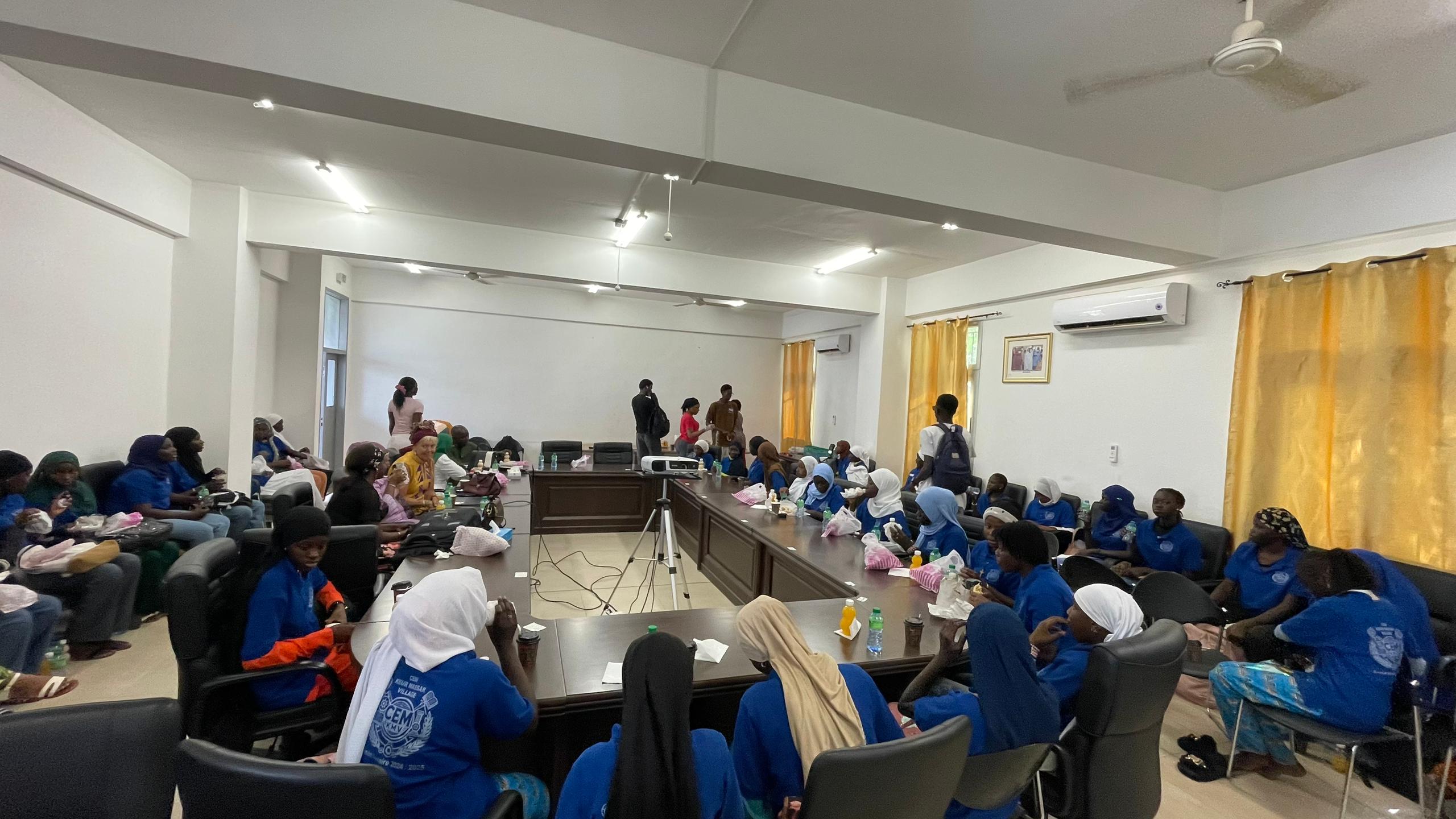
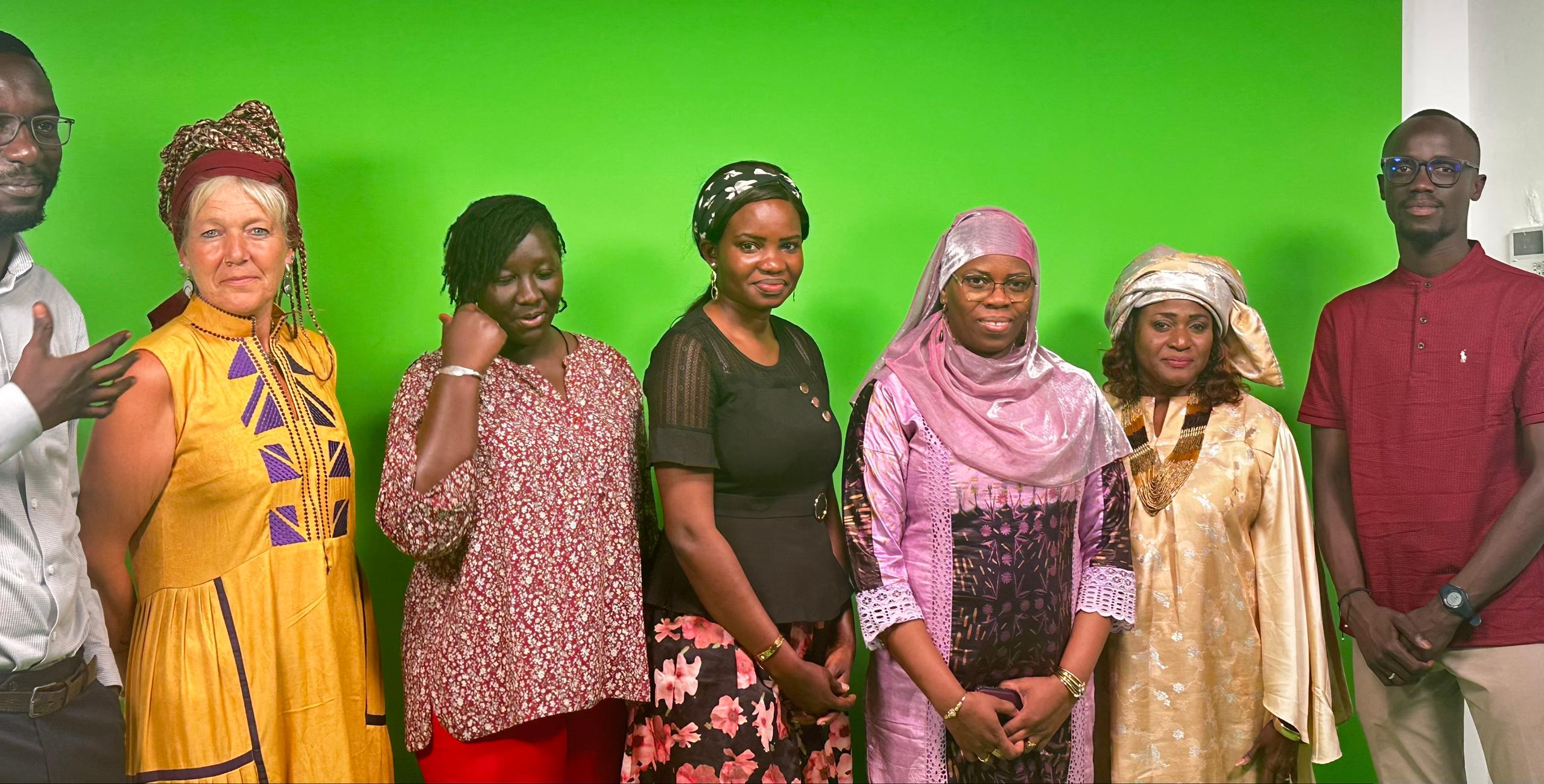
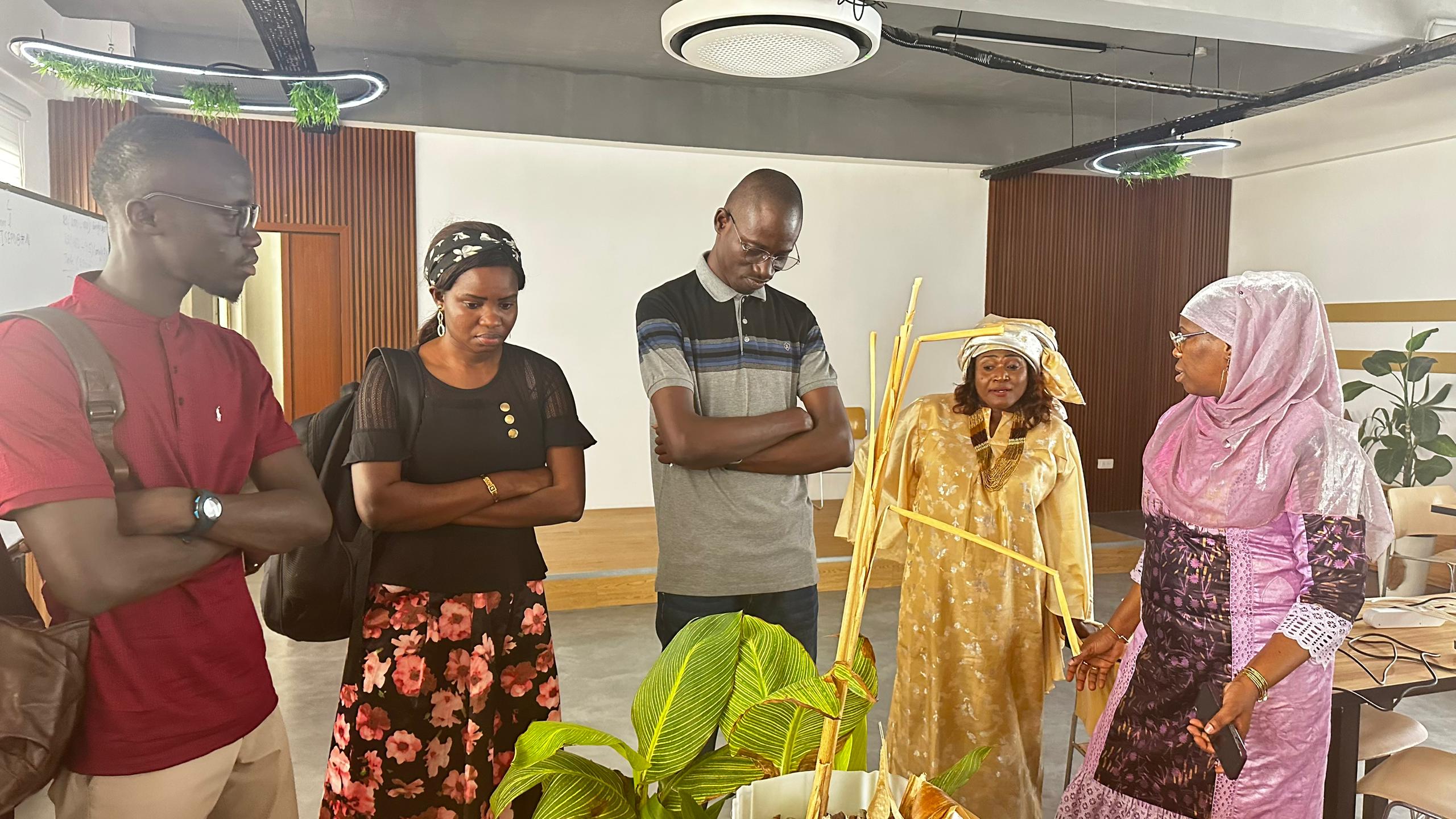
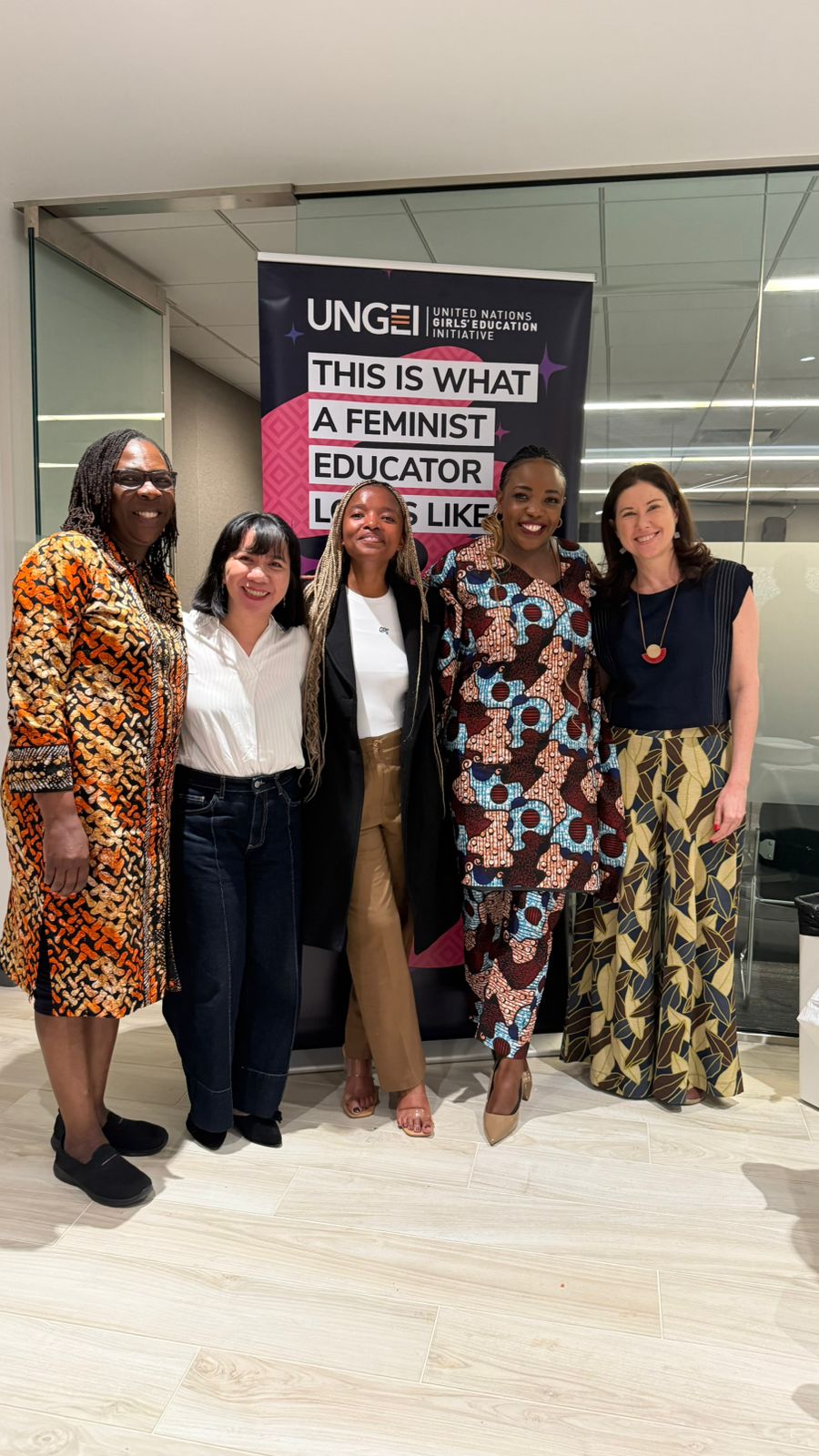
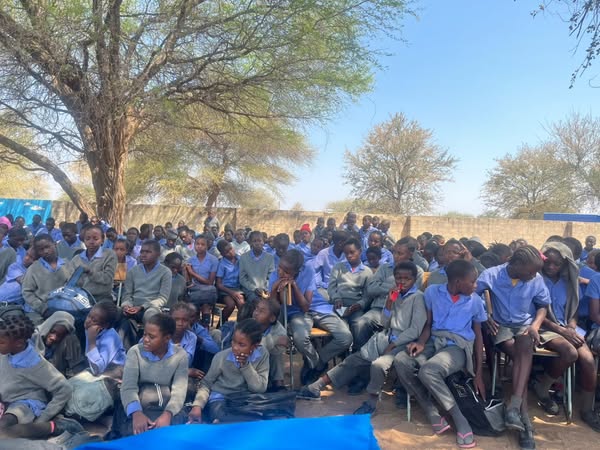
Leave A Comment